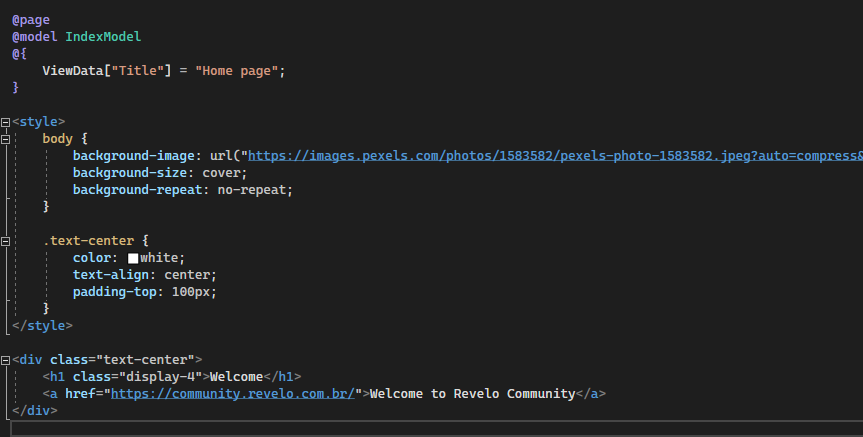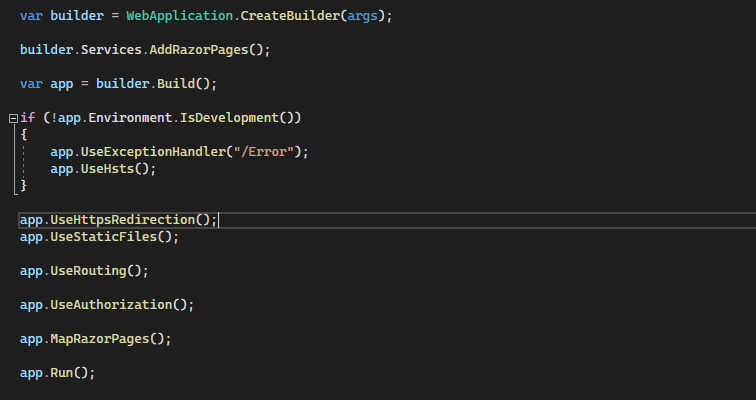Hire
.NET
developers
pre-screened for technical and cultural fit
FREE to try! No cost to get started

40k+
ENGINEERS
14 days
to hire
100+
COVERED
30-50%
US hires
Hire the top 1% of
.NET
developers
























Hire REAL devs in days
Build world-class remote development teams fast that scale with your needs

Time-to-Hire

Developers
.svg)
Alignment
Efficiency
.svg)
Over 250 companies trust us with their tech hiring needs



Microsoft released the open-source .NET framework in the early 2000s to simplify the creation of robust and scalable applications and enhance developer productivity. Since then, .NET technology has become a premier software development framework, largely due to its extensive feature set, scalability, robust security measures. Its reputation has created a demand for companies to hire .NET developers who can leverage this framework to build potent applications tailored to various business requisites.
But hiring .NET developers comes with challenges. The primary challenge lies in identifying and attracting talent with the necessary skills and experience in a market that is as competitive as it is demanding. Additionally, the financial investment required to secure top-tier .NET developers can be a significant hurdle for small to medium enterprises.
Hiring .NET developers is worth it, though, because the framework speeds up the software development process, supports multiple programming languages within the same project, and strongly emphasizes security. In the long run, the investment in hiring adept .NET developers is a strategic move towards achieving superior, secure, and scalable software solutions for your company.
What Is .NET Development?
.NET development is a framework that helps developers create powerful applications and services. It uses a variety of languages, such as F#, Visual Basic, and C#, to develop applications with a wide range of features and capabilities. .NET development is used to create a variety of applications, such as web applications, mobile applications, and desktop programs. Developers also use it to build enterprise-level applications that require high levels of scalability and security.
.NET developers may be necessary for projects requiring complex features and functions, such as integration with other systems or services. Common examples of .NET development projects include web applications for e-commerce, enterprise resource planning (ERP) systems, customer relationship management (CRM) solutions, and cloud-based services, such as software-as-a-service (SaaS).


Why .NET Development?
.NET development is an indispensable asset for businesses aiming to create robust and scalable applications. It empowers developers with a rich toolbox in Visual Studio, an integrated development environment (IDE) from Microsoft. Visual Studio provides developers with powerful tools and services to develop, debug, and deploy software applications for mobile, web, and cloud platforms.
.NET serves as a reliable foundation for both front-end and back-end development within application development. Its interoperability with various languages and platforms makes the transition across different project requirements smoother for developers, and the integration of frameworks like Angular for front-end development further broadens the scope of what .NET can achieve.
.NET’s versatility is not confined just to web or desktop applications, though. It also enables mobile application development, covering major platforms like iOS and Android through Xamarin, which is part of the .NET ecosystem.
The adaptability of .NET is also evident in its application in emerging fields like the Internet of Things (IoT). As businesses move towards smarter and more connected operations, .NET provides a stable platform to develop IoT solutions that facilitate real-time data monitoring and decision-making.
Benefits of .NET Development
Aside from the benefits already covered, such as Visual Studio, cross-platform functionality, and compatibility with IoT technologies, .NET shines in many other areas. These include:
- Scalability: .NET facilitates scalable application development by providing a robust and efficient framework that can easily adapt to increasing loads, allowing developers to build applications that can grow in complexity and user base without performance degradation.
- Rich library support: .NET provides an extensive collection of pre-coded solutions and libraries, speeding up the development process by reducing the amount of basic code that needs to be written.
- High performance: .NET Core, part of the .NET ecosystem, offers high performance and can process a large number of requests per second, which is crucial for real-time applications.
- Strong security features: With built-in security protocols and features, .NET provides a robust framework for developing secure applications. These features include code access security, validation and verification, strong name assemblies, managed code, cryptographic services, and integration with Windows authentication mechanisms.
Access Revelo's talent pool of
.NET
developers
with technical expertise across Libraries, APIs, Platforms, Frameworks, and Databases
Libraries
Polly | SaasKit | AutoMapper | MailKit | CacheManager | Dapper | Ocelot | NLog | LiteDB | Smidge | SignalR
Frameworks
Sass | ASP.NET WEBAPI | ASP.NET MVC | Jasmine | Redis | XUnit | Bower | AngularJS | Bootstrap | Yeoman
APIs
Facebook API | Instagram API | YouTube API | Spotify API | Apple Music API | Google API | Jira REST API | GitHub API | SoundCloud API
Platforms
Amazon Web Services (AWS) | Google Cloud Platform (GCP) | Linux | Docker | Heroku | Firebase | Digital Ocean | Oracle | Kubernetes | Dapr | Azure | AWS Lambda | Redux
Databases
MongoDB | PostgreSQL | MySQL | Redis | SQLite | MariaDB | Microsoft SQL Server









